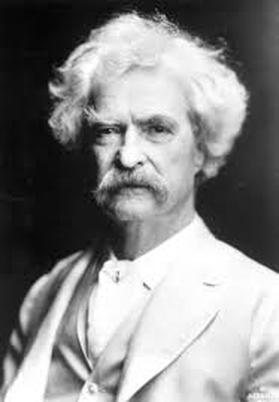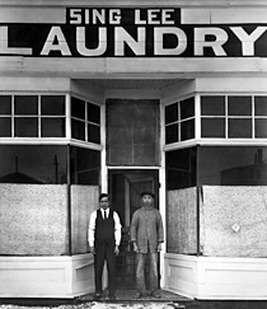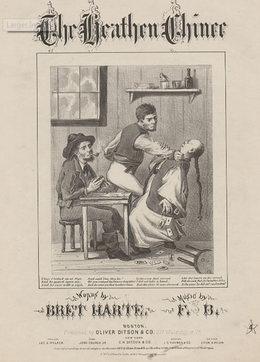CHINESE IMMIGRATION DURING THE GOLD RUSH
The discovery of gold in northern California during the year 1849 created a large influx of interstate migration, national migration, and international migration: Everyone wanted a chance to test their luck in the California mines. But this lure of getting rich quick created a greedy mentality amongst residents and miners in California. Although the Gold Rush is generally portrayed as a time of great opportunity, the reality was that some of the greatest discrimination California has seen happened during the Gold Rush, specifically with Chinese Immigrants. The intersection of Californian miners and Chinese Immigrants over greatly show the discrimination of the Chinese legally, economically and socially.
|
Chinese Immigrants came to the United States with the same ambitions of finding gold. However, upon arrival, Chinese migrants faced much opposition from California legislation. The Foreign Miners tax was implemented in 1850, one year after gold was found, and created hurdles for immigrants to even enter the Gold Mines. Although The Foreign Miners Tax never explicitly states the exclusion of only Chinese, Mark Twain's account observes the nature of the implementation of this tax. He states “legislature has given the broad, general name of 'foreign' mining tax, but it is usually inflicted on no foreigners but Chinamen.” Looking at just the legislation, this tax excluded a large group from achieving what the Gold Rush claimed to be about: Finding success. Rather, the discrimination towards the Chinese people was for the economic gain of the white settlers, who were the ones that benefited from the Foreign Miner’s Tax exclusive properties. By being pushed out of the mines, this left more gold for white settlers and forced Chinese Immigrants to look elsewhere for employment. Mark Twain’s observations of the treatment of the Chinese in regards to legislation provides a challenge to the stereotypical image that is the Gold Rush.
|
|
The exclusion from the mines through legislation like the Foreign Miners Tax meant that the Chinese Immigrants that came needed to participate in other forms of employment. One of the main places the immigrants turned to was the laundry industry. This was initially seen as a women’s job, but because the Chinese immigration to California was predominately male, the gender affiliation started to become disassociated by Chinese. Seen in the photograph of the “Sing Lee” laundromat, the two standing in front of the store, most likely the owners, are both male. Ironically, the nice quality of the store testifies that even though faced with great discrimination and adversity upon arrival, the Chinese laundry system became economically stable; The income they received was more of a stable income than what the average miner was receiving. However, the lack opportunity upon arrival to California left Chinese miners the need to turn to these other jobs besides the mines. The expectation of the Chinese coming to the California to find gold was quickly interrupted and replaced with the economically sustainable jobs like owning laundromats. This economic discrimination effort through labor limitations was unfair to the Chinese Immigrants, yet amidst adversity they were able to create economic sustainability, which should be the true triumphant spirit of the California Gold Rush.
|
|
The economic and legislative discrimination Chinese Immigrants encountered was only enforced with social discrimination. This social discrimination was through music, like the song book “ The Heathen Chinee.” This sheet music only reinforces white miners attempts to lower Chinese people’s status through social belittlement. The song described a Chinese man inappropriately named “Sin" as having a smile that was “pensive and childlike.” By comparing the Chinese population to children, white settlers were able to self- justify their discriminatory acts. The mobility of music enforced the spread of these discriminatory beliefs, adding to the population of Californians that participated in these discriminatory practices. In addition to the lyrics, the cover page of the sheet music reveals the violent efforts on the Chinese in social situations. The hatred placed towards the Chinese in California was perpetuated through the image of subordinance and childlike qualities portrayed in social commodities like music.
|
The intersection of Chinese migrants and California gold rush settlers proves that the Gold Rush was not as triumphant and glorious as it is made out to be. Just like the idea of gold blinded the settlers to the economic struggles they would face, the gold blinds audiences to the true discrimination the Chinese faced in California starting in 1849. This discrimination was seen in all aspects of the Chinese migrants life: in their employment opportunities, social standings, and their legal standing within California. These discriminatory acts can be attributed to the greed of the settlers at this time, and these acts devalue the lighthearted spirit that is often associated with the Gold Rush.
For more information on the California Gold Rush and Chinese Immigration, go to the About section to see the additional resources.



